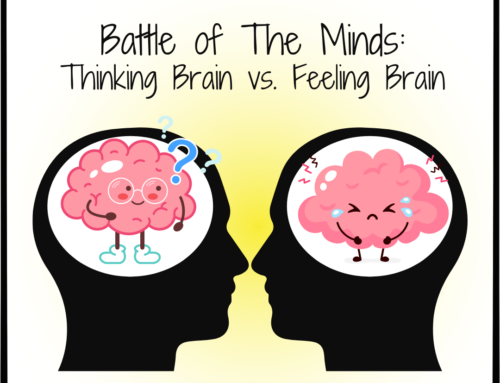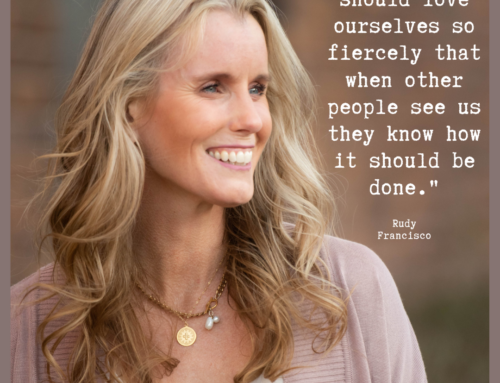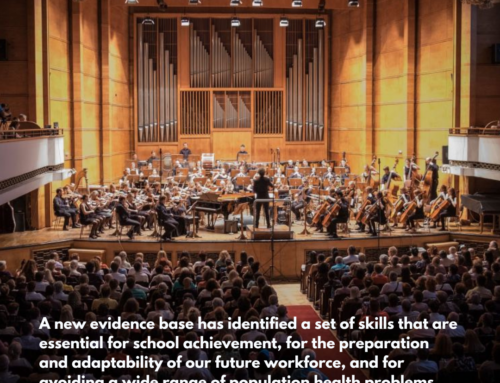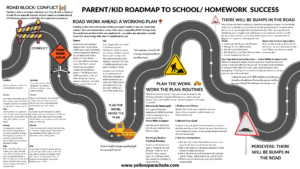We’re encouraged to always say yes to more. And with technology—it’s easier to do more, to have bigger and better dreams.
But I think the chance to plug-in and connect also has some consequences. This “always-on” approach makes me feel like I’m on a treadmill, increasing both incline and speed at the same time.
That’s why I’ve learned to practice taking a timeout for myself every single day.
I think about those words—“a timeout”— differently than whatever memories it may drum up of your children (or you) sulking in a room behind a closed door after drawing on the walls with purple crayon.
Instead, a timeout is choosing to disconnect from the hustle to focus what’s actually important. It’s a deliberate slowdown, a kind of mental re-boot that I need every day.
And I find a daily timeout brings me joy, compassion, and the courage I need to continue on my way—on my terms.
I know it seems nearly impossible to take a timeout from your day. The thought of stepping out of the fast lane can be enough to generate serious anxiety.
But I urge you to try, even if it’s just for a few minutes. Here’s why: I’ve seen the way a timeout can give us the courage and joy necessary to set and achieve goals. I see it every day with our students.
SOS students and I take 90-minute timeouts once a week. Those sessions have given birth to some profound discoveries. These high school students—caught in the torrents of “what to do next”—have discovered how to find their way to their next chapter, all while living in challenges of their current one. These are the kinds of discoveries that make parents say, “I don’t know how they do it.”
Read their comments after these timeouts, and it’s clear that SOS plays a role in their life-altering decisions:
One student wrote: “I always knew these things but never stopped to think about them. It’s so refreshing to have a new outlook.”
Another said: “This is like school therapy; I don’t feel alone and I can see my way out of my problems.”
These are the words of young people finding renewed energy. They have found a way forward—a path to serving our world. There is joy that comes from self-discovery. And I see that joy in each one of these SOS meetings.
What exactly is happening? Brené Brown would call it, the ripple effect of courage. As we build the habits that guide these young people to achieving their personal goals, we are also showing them they are not alone. This practice builds connection and courage. And, as Brown says, “Every time we choose courage, we make everyone around us a little better and the world a little braver.”
This is the courage to change lanes and slow down. A path forward begins to feel possible only when you genuinely connect with yourself. We cultivate courage and compassion to make this kind of connection.
So, try taking a timeout today. And tell your kiddos about SOS—and our idea that SOS can lead to radical self-discovery.







